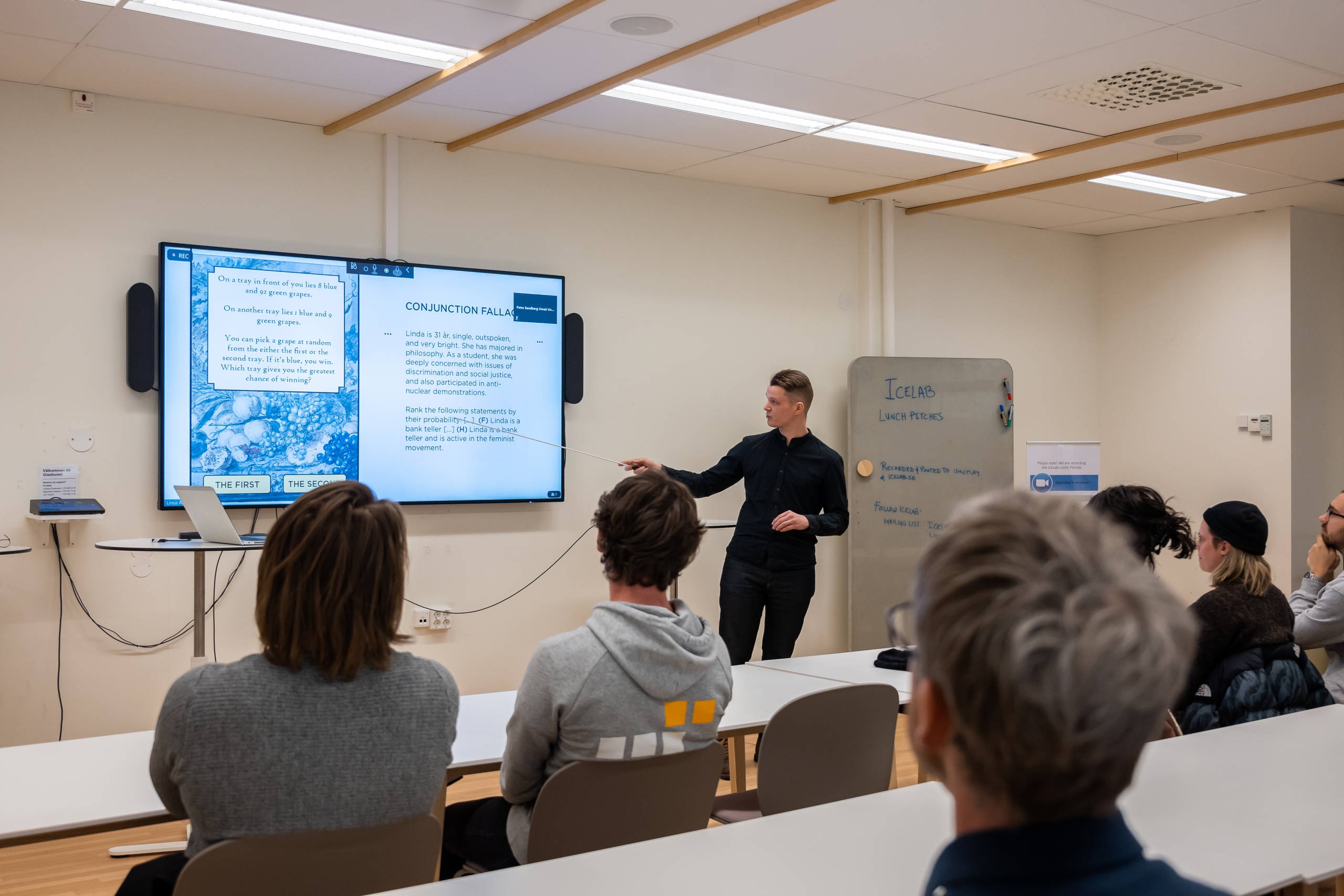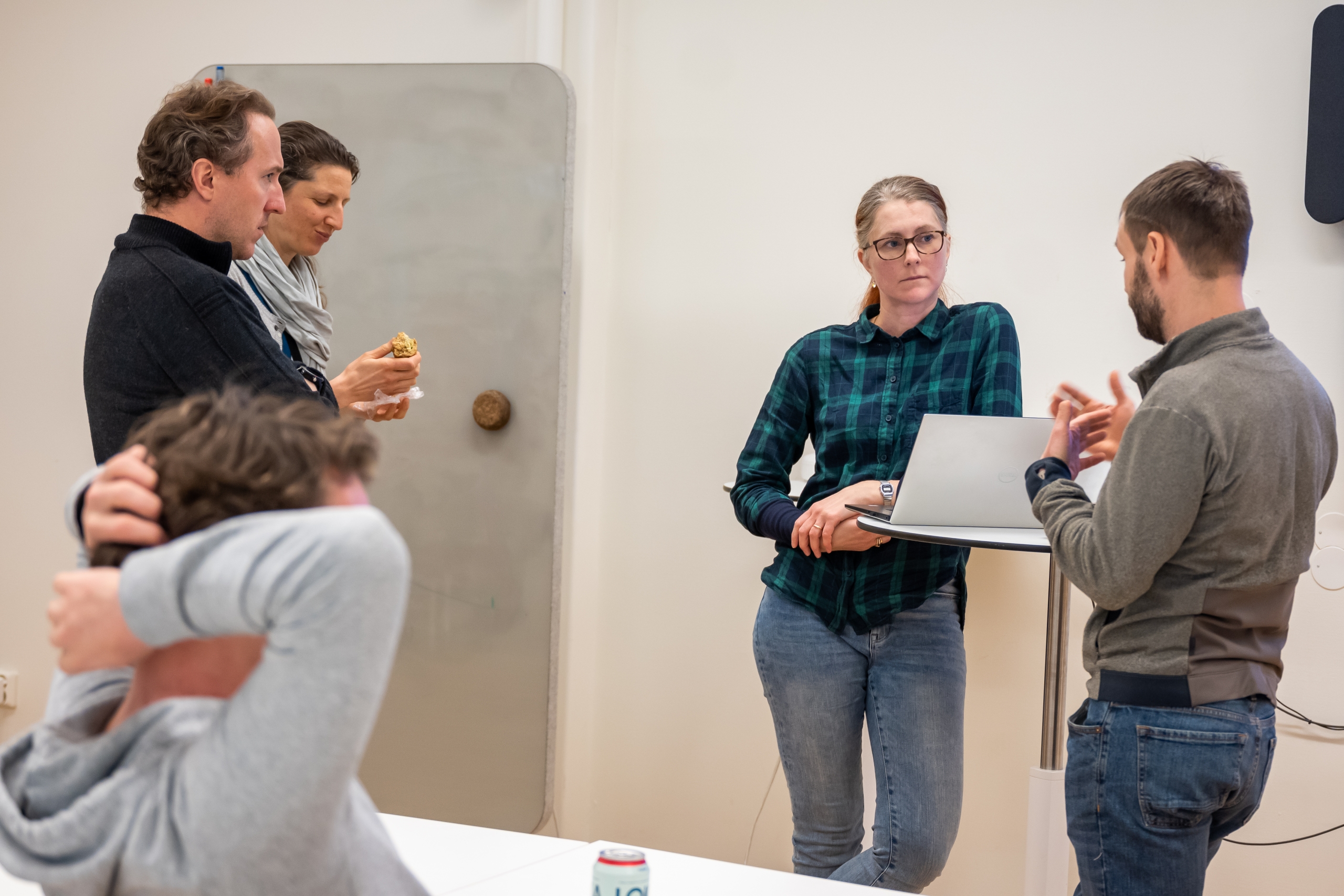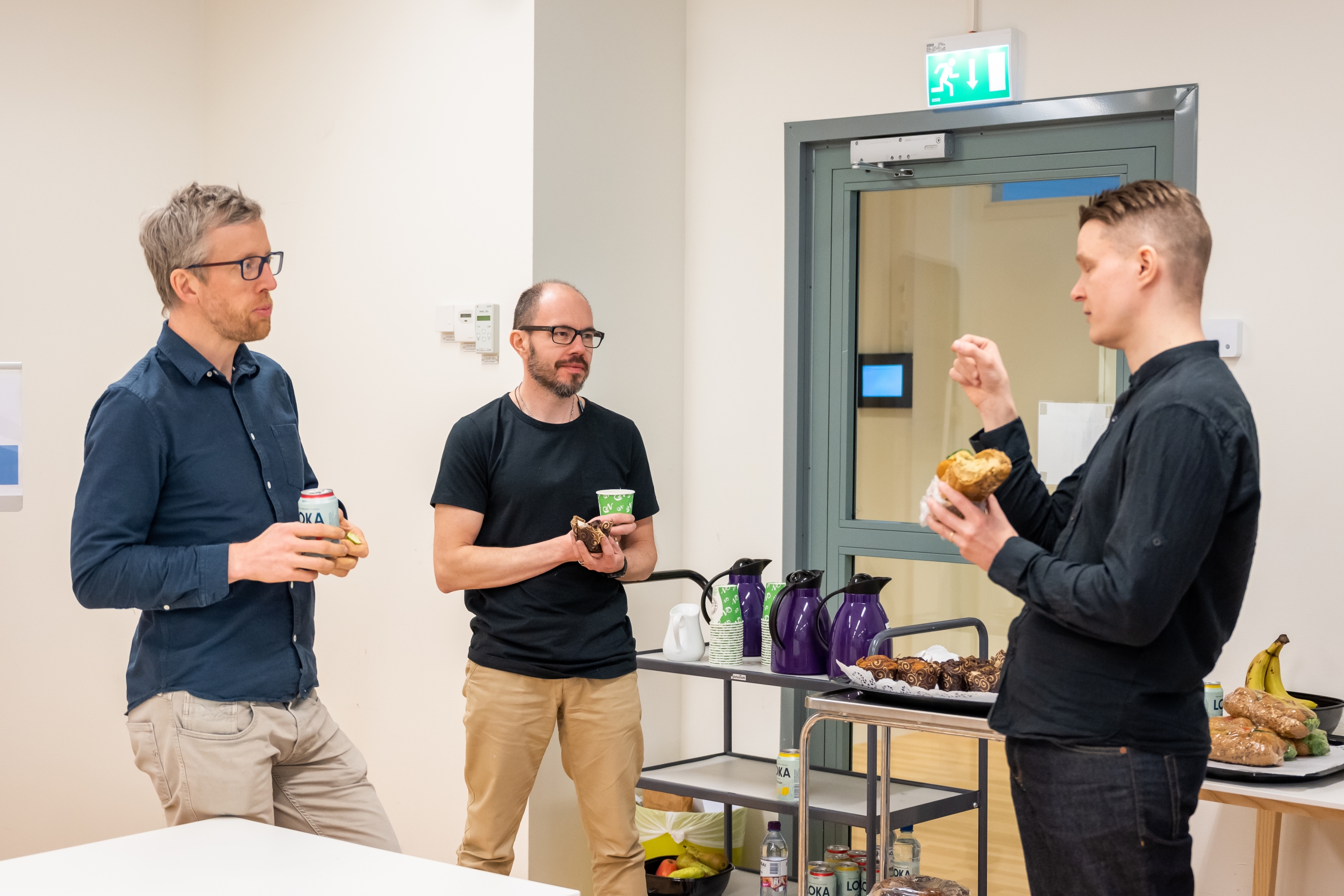Giving Advice and Mnemonics
March 22, 2022
First Pitcher: Linus Andersson, Docent Linus Andersson, Department of psychology, Umeå university, and deputy director of the science center Curiosum. The research group also consists of Linnea Karlsson Wirebring and Gustaf Wadenholt at the same department. Umeå University
Advising ill-advised (or: Alvíssmál)
Are human judgment errors simply due to lack of training?
A well-functioning democratic society requires that is that its members are able to reason and solve problems in a sound manner. It is important to be able to interpret news, to reckon with risks and to predict the consequences of actions with a fair amount of precision. Yet it has been evident for the last couple of decades that it is easy to lead humans astray and provoke illogical or irrational responses. The purpose of “Advising ill-advised” is to develop and test a training intervention aimed at improving human reasoning skills, which will be distributed in the form of a quiz-like game for smart phones. In a randomized controlled trial, study participants practice by solving thought problems of various kinds, repeatedly over an extended period of time.
Linus has a background in cognitive neuroscience, judgment and decision making research, and – surprise – smell. He and his colleagues are interested in moving their research from basic, mechanistic approaches to more applied and distributed arenas.
Second Pitcher: Petra Sandberg, Senior research engineer at Department of Radiation Sciences and affiliated as postdoctoral researcher at Department of Integrative Medical Biology (IMB) with Lars Nyberg
Can ancient mnemonics be used to enhance learning in schools?
Encoding and retrieving facts to and from memory are fundamental aspects of learning and lays the ground for other skills, such as reasoning and drawing conclusions – e.g. in order to discuss political ideologies these ideologies must be remembered in the first place. Teaching optimal strategies for doing this thus has the potential to increase what and how much is learned.
Throughout history, beginning at least 2000 years ago, mnemonic devices have been used in diverse settings to memorize and systemize information. Such devices can greatly increase how much is remembered, and they are used today by competitors in memory championships who perform impressive mnemonic feats.
Mnemonics are however seldom used in schools, even after students learn of their benefits. One reason for this might be that they require in-depth applied practice in order to be spontaneously used. In this upcoming project, which is a collaboration with a Swedish upper secondary school (gymnasium), the aim is to evaluate effects of learning mnemonics in an elective course spanning over a semester.
Petra Sandberg has a background in cognitive science and psychology. She is currently working in a project evaluating app-based learning of mnemonics across the adult life span with a focus on aging. With the current project, she takes a step towards the younger generation in collaboration with colleagues in neuroscience, educational science and with upper secondary school teachers.





